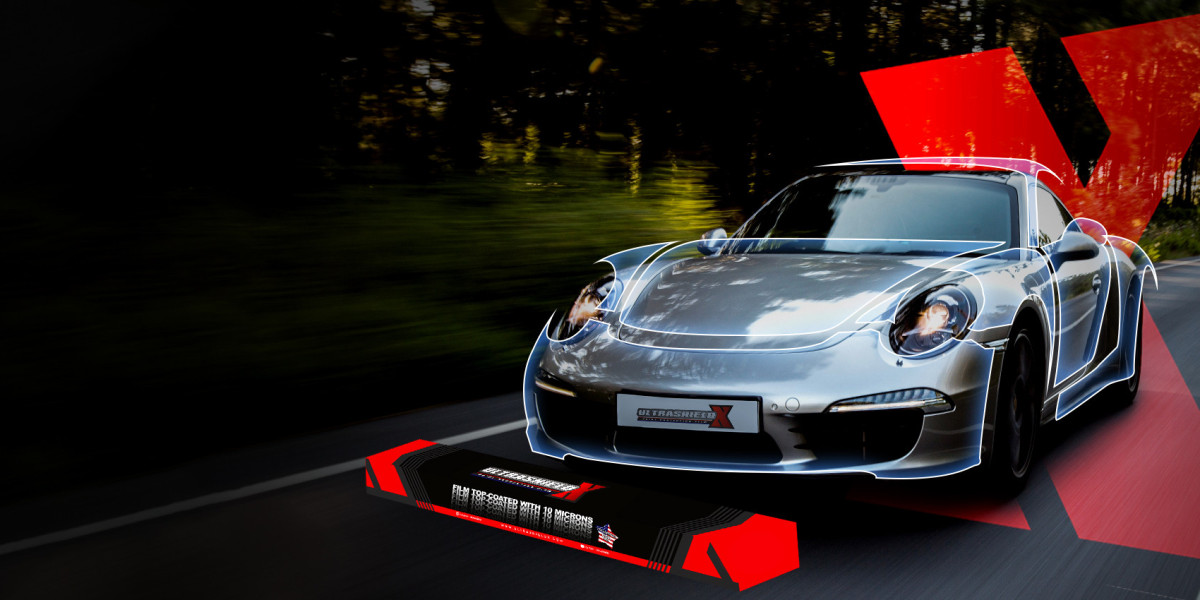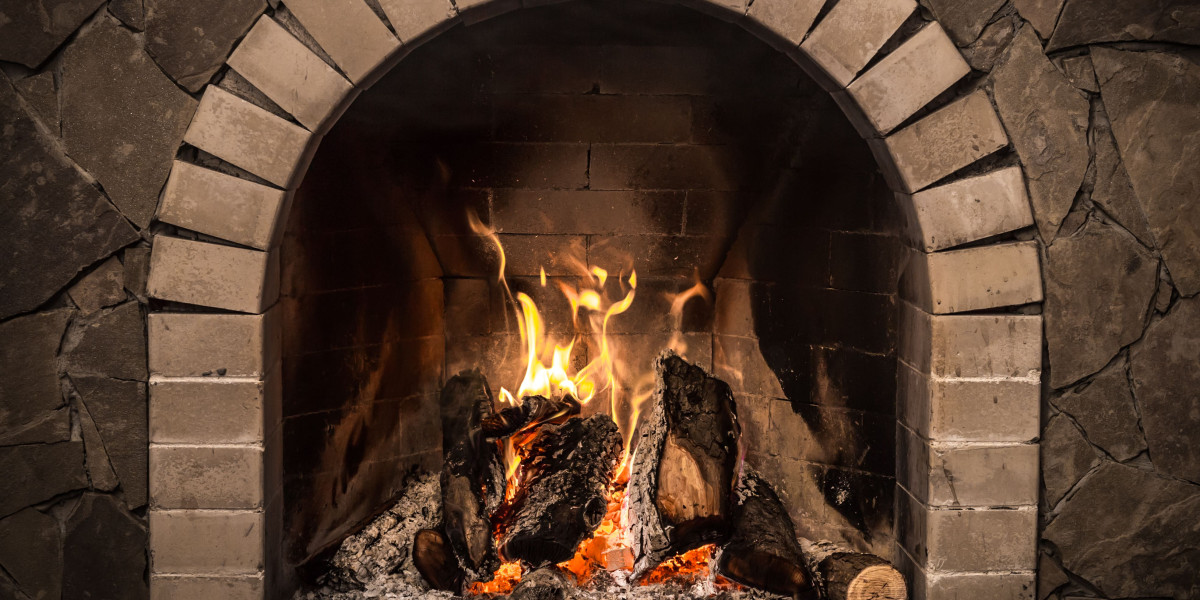A car deserves the best care since it is more than just a means of transportation; it symbolizes the self and is a vital body component. Paint Protection Film (PPF) is a cutting-edge product that shields the paint on the car from dings, scratches, and environmental harm. Clear, long-lasting, shock-absorbing, and aesthetically pleasing, this car wrap helps maintain the car’s best appearance over time.
Even the best paint protection coating on a car might turn yellow with age despite its luxurious appearance. This discoloration may affect the car’s appearance, and one might be curious about what causes it and how to prevent it. If one is aware of the reasons why the coating is yellowing, one may prolong its clarity and effectiveness by taking the appropriate actions.
This blog will discuss the typical causes of PPF turning yellow, go over preventative tips, and emphasize how UltrashieldX’s clear paint protection film is a dependable way to keep the car looking brand new.
What Is Paint Protection Film (PPF)?
Paint Protection Film is an optically clear thermoplasticized urethane coating applied to a car’s exterior to protect it from the weather. It offers a long-lasting layer that prevents scratches, UV rays, and impurities like dirt and bird droppings. It is commonly known as a PPF coating for vehicles or transparent film for cars. Even while modern PPFs are made to last, improper handling or subpar materials can eventually cause yellowing.
Why Does PPF Turn Yellow?
The vehicle’s appeal may be diminished by PPF yellowing. These are the most typical reasons:
1. UV Exposure:
Unbearable exposure to UV radiation can cause the adhesive layer of the clear paint protection film to yellow. Therefore, older PPFs without UV-resistant Technology are especially susceptible to this.
2. Poor-Quality Film:
Yellowing may result from low-quality PPF film that lacks advanced coatings. Poorer materials are less resilient to environmental conditions.
3. Chemical Reactions:
The PPF may become discoloured due to contaminants such as oil, road tar, or acidic residues seeping in and reacting chemically.
4. Oxidation:
Over time, exposure to oxygen and moisture in the atmosphere can cause the film material to oxidize, giving it a yellowish colour.
5. Improper Maintenance:
Aggressive cleaning products or skipping routine cleaning can accelerate the yellowing process.
How to Prevent PPF Yellowing
While yellowing might seem irreversible, it can be avoided or delayed with proper precautions. Here are some practical suggestions:
1. Invest in High-Quality PPF:
Choose a premium product, like UltrashieldX Paint Protection Film, with the newest UV-resistant and self-healing characteristics to avoid yellowing and maintain clarity.
2. Opt for Professional Installation:
Verify that the PPF is put in by qualified individuals using the proper techniques to avoid contamination, adhesion failure, and air bubble production.
3. Regular Cleaning:
To avoid the buildup of pollutants that cause yellowing, clean the car using pH-neutral detergents and PPF. Avoid harsh cleaners.
4. Apply Ceramic Coating:
Applying a ceramic layer to the PPF will strengthen it—this one layer, in particular, offers further defence against chemicals or UV rays.
5. Garage Parking:
To minimize excessive UV exposure, park the car in a garage or under a cover as much as possible.
6. Use Paint Protection Film Maintenance Products:
To maintain the film’s transparency and prevent yellowing, specific PPF cleaning solutions are available.
Why Choose UltrashieldX Paint Protection Film?
UltrashieldX is a cutting-edge car paint protection product for discerning car owners. This is what makes UltrashieldX unique:
1. UV-Resistant Technology:
UltrashieldX PPF is created with UV-absorbing properties to lessen actinic radiation-induced discolouration.
2. Self-Healing Properties:
The car’s surface is immaculate thanks to its unique self-repairing Technology, which can repair minor surface swirls and scars.
3. High-Quality Materials:
UltrashieldX’s PPF car coating is made of quality thermoplastic urethane and is strong, flexible, and clear.
4. Custom Fit:
All UltrashieldX car films are precisely cut to cover the vehicle, leaving no gaps.
5. Expert Installation Services:
UltrashieldX ensures that the paint protection film for cars is installed by experts for optimal wear and performance.
Common Myths About PPF Yellowing
1. All PPFs turns Yellow Over Time:
Modern advancements like UltrashieldX’s UV-resistant technology make this fallacy obsolete. Films of superior grade are made to not yellow.
2. Yellowing Is Unavoidable in Hot Climates:
Although heat can hasten yellowing, this danger is reduced with good upkeep and the application of high-quality PPFs like UltrashieldX.
3. Ceramic Coating on PPF Causes Yellowing:
Ceramic coating increases the film’s protection and reduces yellowing by shielding it from UV radiation and outside contaminants.
Maintaining the Paint Protection Film with UltrashieldX
Frequent care is crucial to preserve the appearance of a suitable UltrashieldX PPF. Here are some pointers:
- Wash Gently: Use a mild soap and a gentle microfiber cloth to clean the UltrashieldX PPF.
- Avoid Harsh Chemicals: Avoid cleansers that contain bleach or ammonia.
- Inspect Periodically: Check the PPF for damage or discolouration and take quick action to address any problems.
- Reapply Protection: If the UltrashieldX PPF is subjected to severe weather, consider applying protective coatings regularly.
Conclusion –
Applying paint protection film is one excellent method to keep the car looking amazing on and off the track. However, using the wrong film or not treating it correctly can cause yellowing. One may benefit from a clear car protective film by being aware of the causes and taking preventative action. The best and most cutting-edge solution for keeping the car safe and shining for many years to come is UltrashieldX Paint Protection Film. UltrashieldX is the go-to partner for unmatched protection and clarity, whether you’re considering installing a new PPF or upgrading. Experience the future car protection by visiting UltrashieldX today.
FAQs –
1. How to prevent PPF from yellowing?
Preventing PPF yellowing may be as simple as selecting premium, UV-resistant clear vehicle protection film, cleaning it frequently with non-abrasive materials, and avoiding extended exposure to harsh chemicals or direct sunlight.
2. How long does it take for PPF to yellow?
PPF usually takes a few years to turn yellow, depending on how well it is maintained. When properly maintained, high-quality paint protection films, such as those from UltrashieldX, are made to withstand yellowing for extended periods.
3. What causes a clear coat to turn yellow?
Yellowing in clear protective films for cars is frequently caused by exposure to UV radiation, oxidation, dirt buildup, and low-quality elements, mainly if the film does not contain UV inhibitors.
4. Does PPF change color?
While lower-grade PPF may eventually turn yellow or discolour due to impurities, environmental causes, or poor material composition, high-quality PPF often maintains its clarity over time.
5. Can the cost of paint protection film be a reason for PPF turning yellow?
Yes, less expensive PPF choices frequently employ inferior materials that are more likely to turn yellow. However, spending money on high-end products like UltrashieldX guarantees better durability, UV resistance, and a longer-lasting clear finish.
Copyright utl- https://www.ultrashieldx.com/blog/why-does-ppf-turn-yellow-typical-reasons-how-to-avoid-it/








